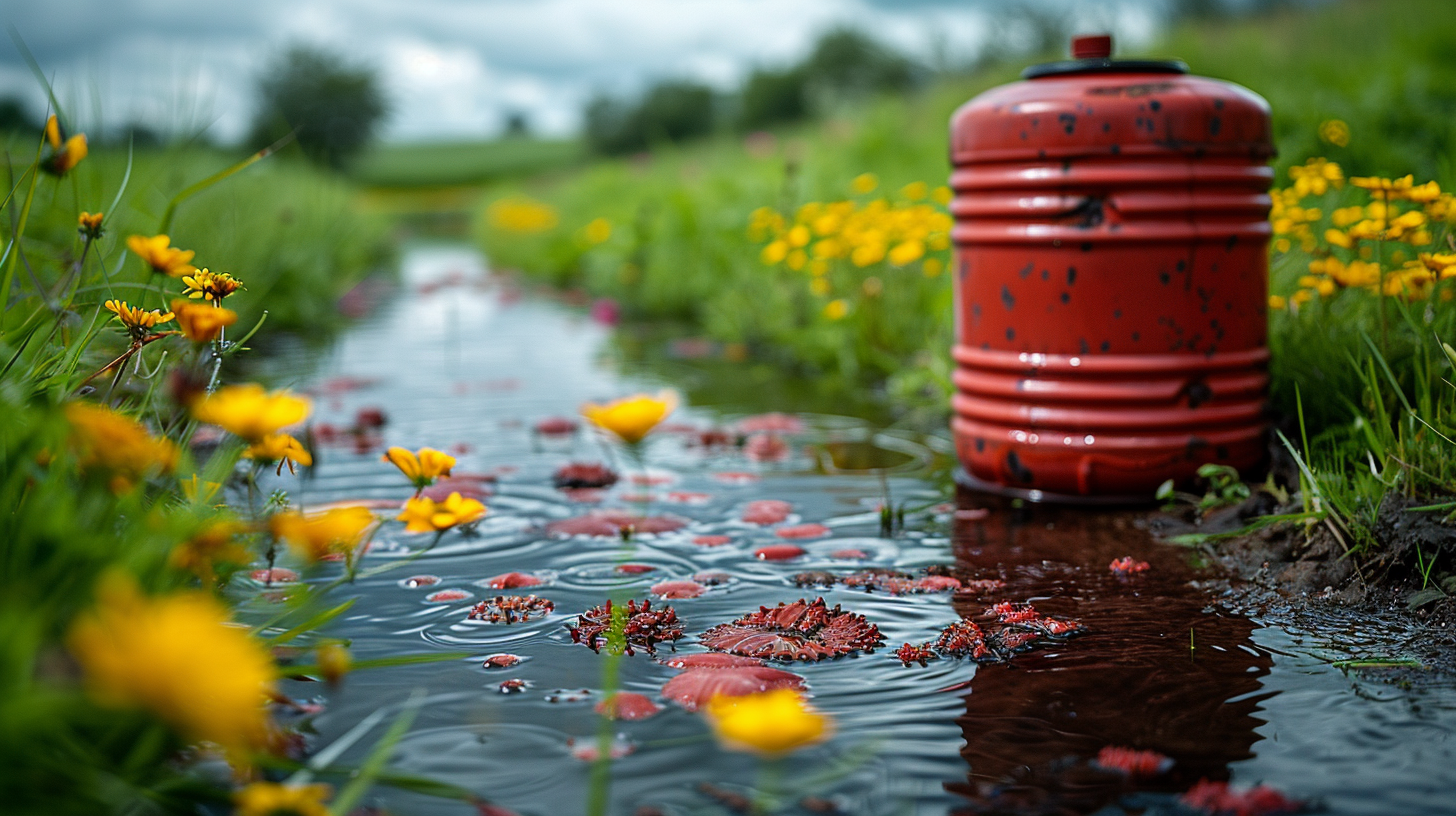Key points
• Harmful Chemical Makeup: Drano is packed with tough chemicals that can knock the septic system’s bacteria out of whack. This might slow down how well it breaks down waste.
• Pipe Damage Possibility: Drano’s strong stuff can eat away at your plumbing as time goes by, possibly causing leaks or other expensive messes to fix.
• The Environment Takes a Hit: When you use Drano, dangerous chemicals can seep into the earth and get into groundwater, harming plants and animals around it, and maybe even mucking up our drinking water.
Products like Drano are popular for fixing clogged drains. They come in many types, each designed to tackle specific issues in your pipes. Since they’re usually made of strong chemicals, you gotta handle them carefully and understand what you’re doing.
Drano is made up of effective elements such as sodium hydroxide, coupled with inactive parts that team up to melt away blockages. It’s crafted to work well in getting rid of clogs.
If you pour Drano into a sink it starts a chemical reaction. This reaction produces heat and dissolves the stuff that’s making the clog.
You can find a bunch of different Drano products out there, like Max Gel, Dual-Force Foamer, and Kitchen Granules. Each one is made for tackling specific kinds of blockages.
How Drain Cleaners Affect Septic Systems
Bacteria are key in septic systems because they break down organic stuff, which keeps the system running well.
Chemicals can mess up the balance of tiny life forms in your septic system, which can harm the environment inside it.
Research shows that chemical cleaners can mess with the microbes in your septic system. This might cause pipe problems and could lead to expensive fixes.
Over time, frequently using these chemicals can wear down parts of your septic system. Plus, they cause the accumulation of stuff that doesn’t break down easily.
Drano’s manufacturers claim it’s safe for septic systems if you use it as the instructions say for various products.
But assessments from plumbing pros and folks who know about environmental health add another level of understanding to these claims.
To keep things safe, stick to the directions strictly whenever you’re using drain cleaners.
When you’ve got tough clogs and other tricks haven’t worked, Drano could be okay depending on the mess your dealing with.
If you want to lower the chances of problems, it’s crucial to carefully watch how often and how much drain cleaner you use in systems that depend on a balance of bacteria.
Alternatives to Chemical Drain Cleaners
Instead of using harsh chemicals, you can try enzyme-based cleaners or make your own mix with common items like baking soda and vinegar. These are better for keeping septic systems working well.

I’m Tim Robberts, a seasoned wastewater treatment & septic system expert with over 40 years of experience in the field. My career began as a septic tank installer, and I quickly gained a reputation for my attention to detail and commitment to excellence. Over the years, I’ve honed my skills in designing, installing, and maintaining septic systems for residential and commercial properties.
